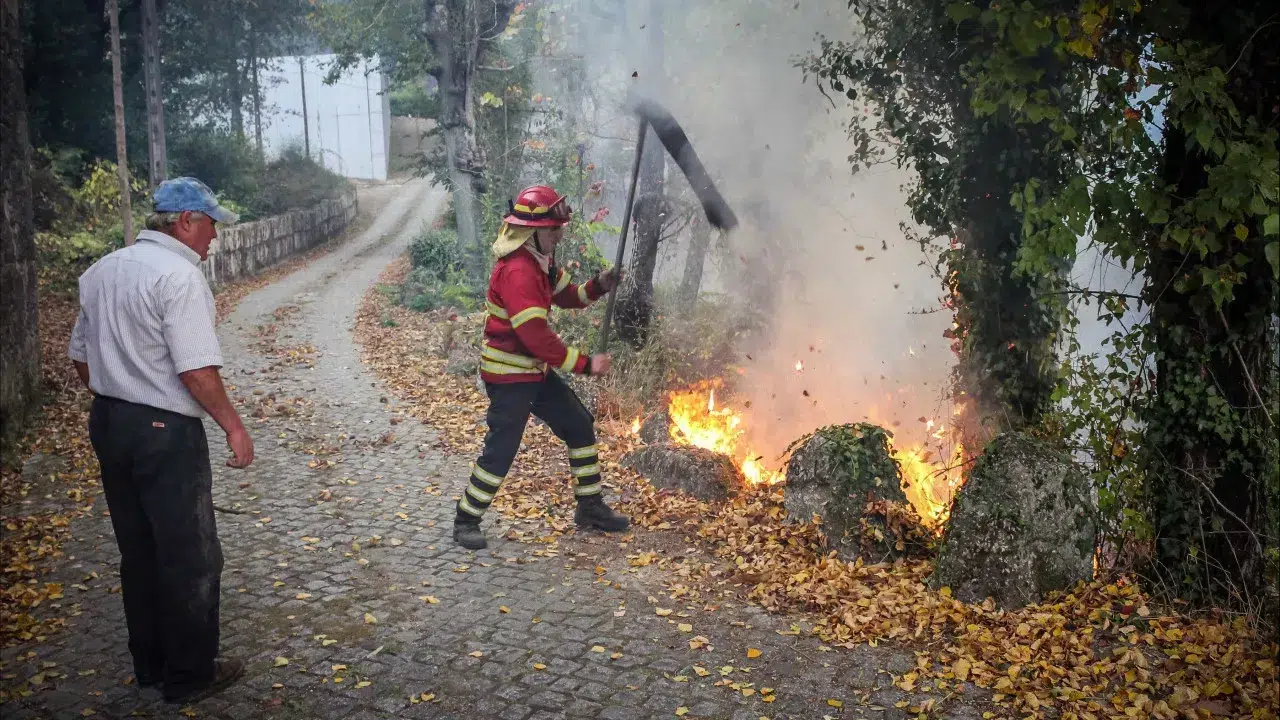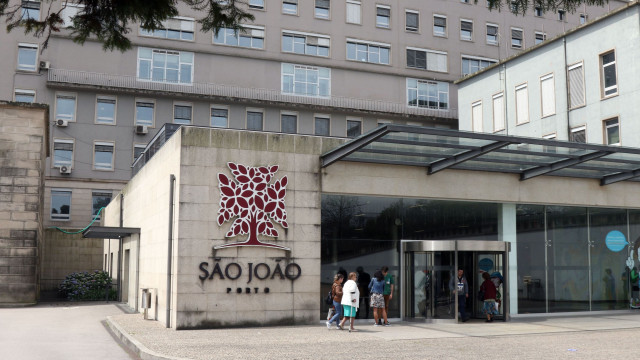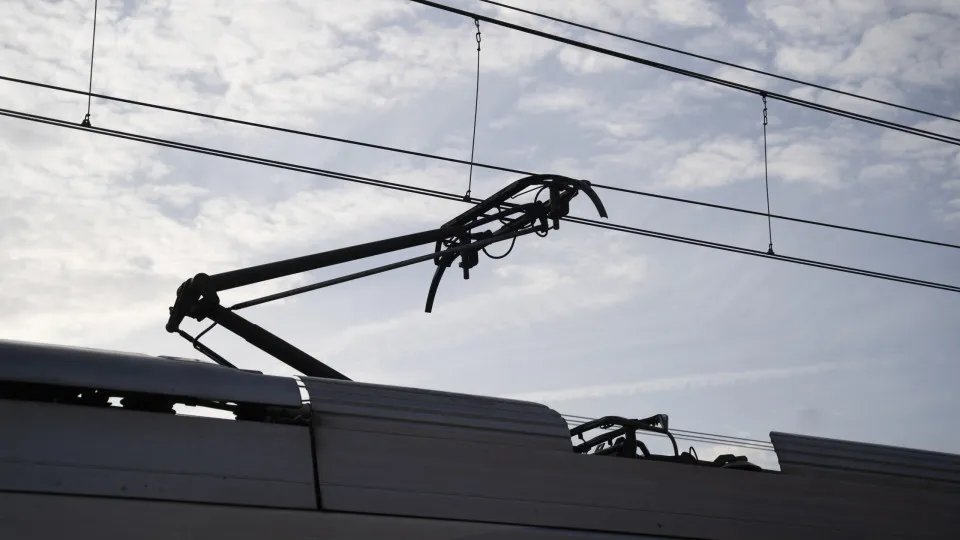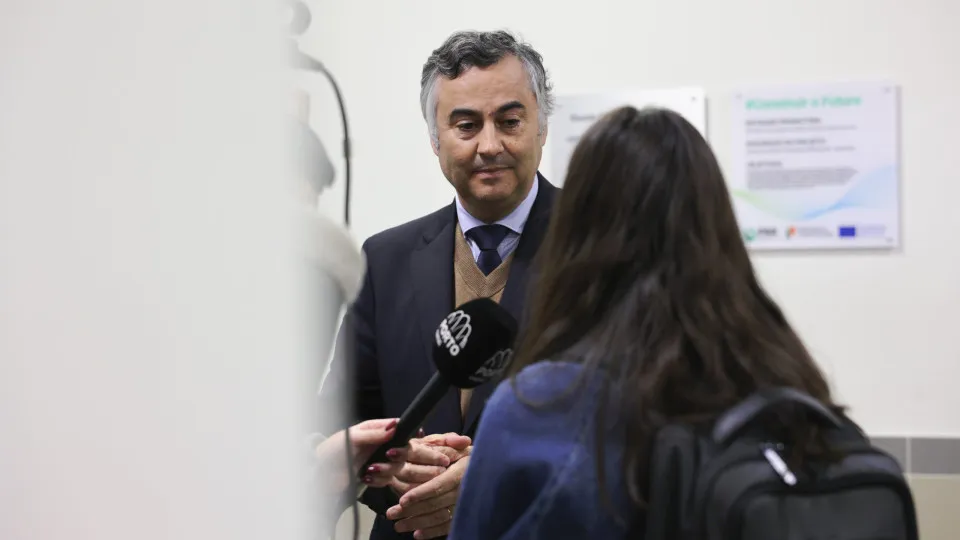
During the night, the fire “climbed the entire mountain, turned the ridge and, at this moment, is in line with the village of Relvas,” stated Luís Paulo Costa, referring to the locality within the União de Freguesias de Cepos e Teixeira, southeast of the municipality’s headquarters.
“The resources worked throughout the night, with tracked machines, opening firebreaks, and the path where the fire might head, due to the opening of the firebreaks, ends up being relatively contained,” explained the mayor.
Luís Paulo Costa further emphasized that in the “only opening” that firefighters on the ground “have not yet managed to close” in that area—because it is a very steep hillside that heavy machinery cannot reach—air resources could help finally control a fire that started in Piódão at 5 a.m. on Wednesday and spread to four municipalities in the districts of Coimbra, Guarda, and Castelo Branco.
Despite forecasts pointing to a “slight reduction in air temperature” throughout the day, the mayor argued that this alone would not be sufficient to control the flames.
“We really needed rain, but Saint Peter is failing,” he illustrated.
Regarding the front that burned, at the start of Saturday evening, in the parish of Benfeita, about five kilometers, in a straight line, north of the front that remains active, Luís Paulo Costa stressed that it was extinguished, although several hot spots remain under the firefighters’ surveillance.
This front, he recounted, descended the mountain and came close to the village of Benfeita, burning near other settlements like Pai das Donas and Luadas, in the same parish.
As of 10:40 a.m. today, according to the website of the National Authority for Emergency and Civil Protection, a total of 838 personnel were allocated to the Arganil fire, supported by 295 vehicles and four aerial resources.




